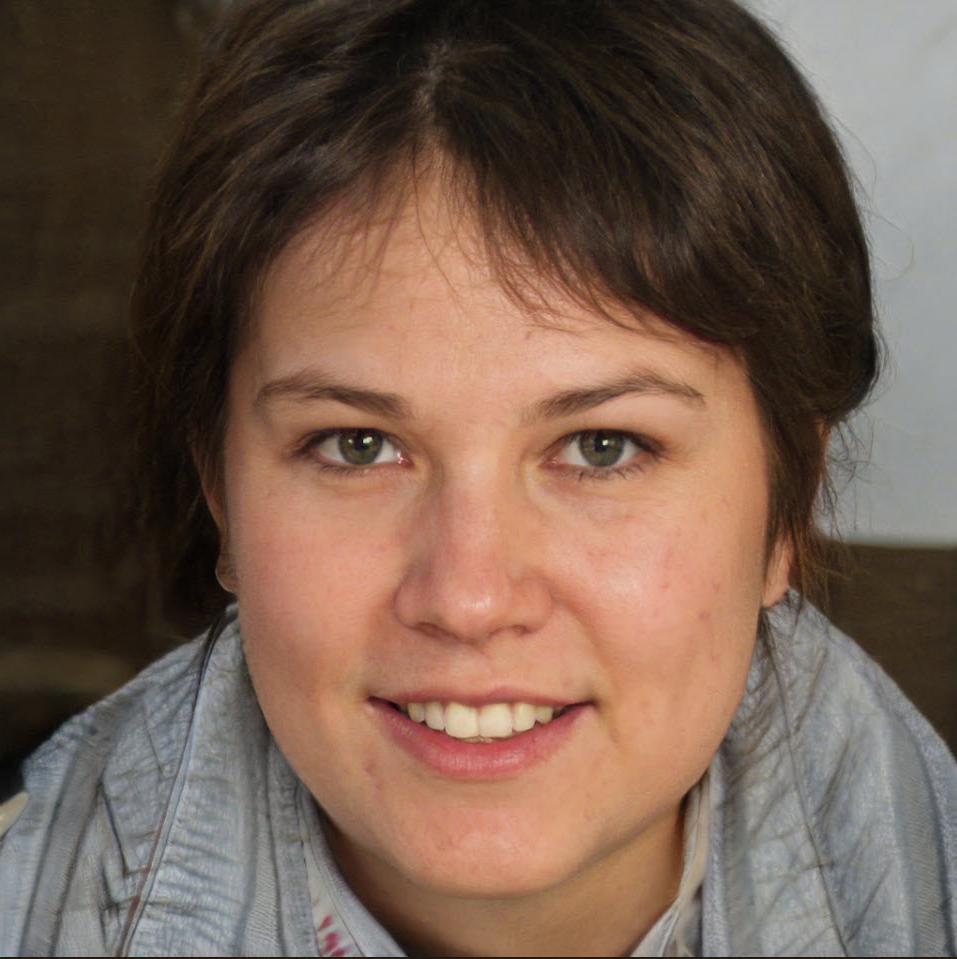What the medical system gets wrong about chronic dizziness: interview with Dr. John Stracks, MD
156 View
Share this Video
- Publish Date:
- January 22, 2023
- Category:
- Medical Careers
- Video License
- Standard License
- Imported From:
- Youtube
Tags
It is my great privilege to bring you this interview with Dr. John Stracks, MD, one of the leading medical physicians working with people with medically-unexplained chronic disorders such as chronic pain and chronic dizziness. In
You can learn more about Dr. Stracks and his practice at cormendihealth.com and on his blog at drjohnstracks.com
00:00:00 Intro & about Dr. Stracks
00:05:40 Dr. Stracks' own experience with chronic pain and unsteadiness
00:08:00 Chronic dizziness symptoms are the result of a sense of danger, not damage in the body
00:09:48 The conventional biomedical messaging on chronic dizziness is dangerous & causes more symptoms
00:10:55 Dr. Stracks has treated many people with neural circuit dizziness: PPPD, MdDS, vestibular migraine, cervicogenic dizziness and others
00:11:42 The conventional medical system doesn't work well for neural circuit dizziness
00:15:27 Often people are diagnosed with recurrent BPPV when the cause is not physical
00:17:03 Conventional treatments (medicine and physical therapy) are not addressing the root cause
00:21:20 EVERYONE develops physical symptoms in response to stress - this should be normalized
00:24:40 Reasons why physicians often aren't able to recognize and effectively treat these conditions
00:27:48 How you can advocate for yourself as someone with neural circuit dizziness
00:35:07 Physicians often have a "fix it" approach that can make them uncomfortable with complex neural circuit dizziness conditions
00:36:36 Don't listen to people who say that you're broken; this is a fundamental misunderstanding of human physiology
00:37:46 What does recovery look like long term? Gradual and with ups and downs
00:40:46 Having unpleasant sensations is normal, and so is recovery taking time
00:42:29 Patients who are able to reduce their fear of/fixation on the symptoms get better the fastest
00:44:22 Not feeling 100% all the time and having physical symptoms of stress sometimes is totally normal
00:48:16 Our medical system rewards short visits, medicines and procedures rather than talking to patients
00:50:40 Why do some people need help from a practitioner to recover?
00:53:58 Why people with difficult life experiences and trauma are more likely to have physical symptoms
00:57:56 Post-traumatic growth occurs using the same methods we use for working through mindbody disorders
01:00:00 Often people who recover feel that the symptoms made their lives better
01:02:02 The symptoms aren't the enemy; they are telling you something needs to change in your life
01:03:30 One key to recovery: understanding what the symptoms are telling us about what needs to change in our lives
01:04:55 Recovery takes time!
Did you miss our previous article...
https://careervideos.club/medical-careers/nursing-to-medical-school-5-steps














